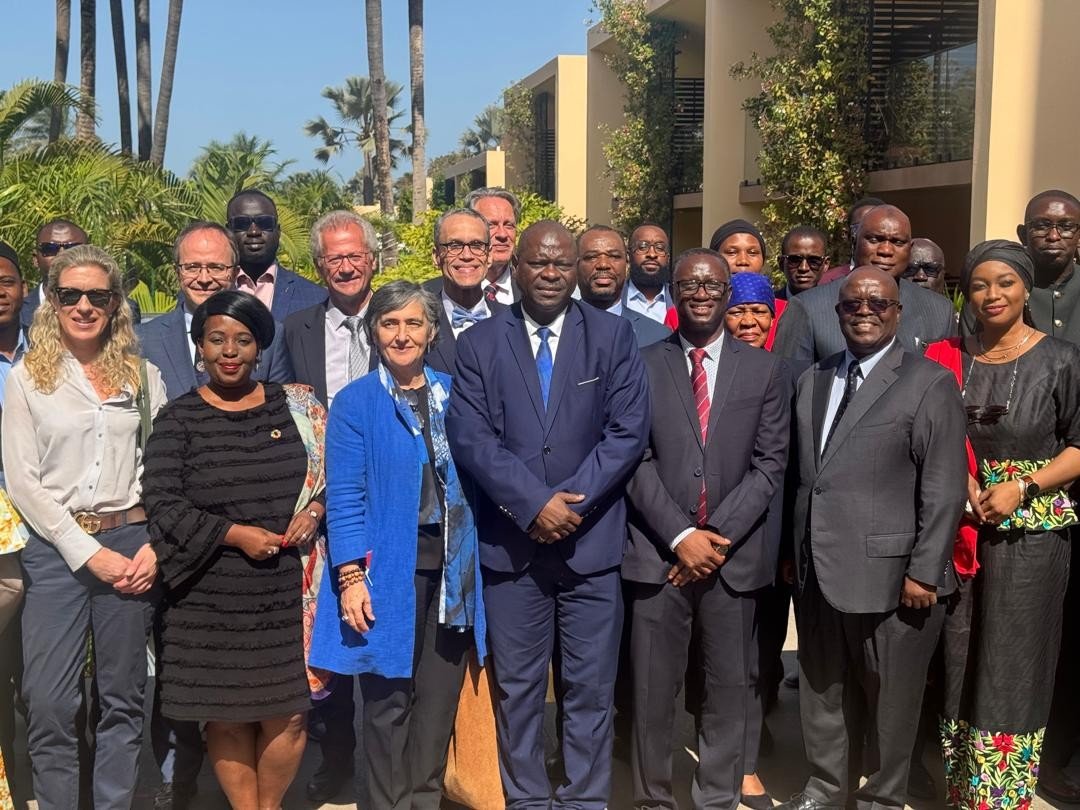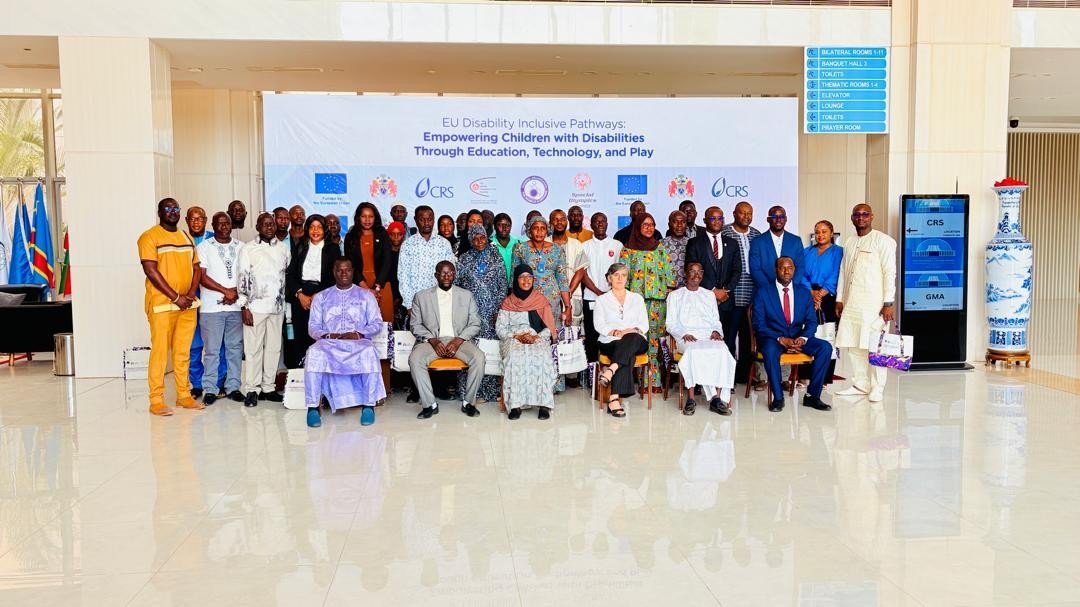Minister of Higher Education, Research, Science, and Technology has defended the newly introduced Student Revolving Loan Scheme Bill at parliament, emphasizing the urgent need to prioritize support for marginalized groups, particularly women, girls, and individuals with disabilities.
During consultations on Monday 27 January 2025 with the Joint Committee of Finance, the Public Accounts Committee, and the Education Committee, Minister Pierre Gomez highlighted that the Bill advocates for equal opportunities across different demographics and regions in the country, acknowledging the existing disparities in access to resources and opportunities.
It would be recalled that the Bill was presented last year, and was reviewed by lawmakers. Minister Gomez stated that supporting the Bill promises significant economic and social benefits by reducing financial barriers for low-income students and providing targeted assistance to women and differently-abled individuals.
Moreover, he noted that graduates are expected to fill critical skill gaps and contribute to economic growth, empowering Gambians to take control of their development instead of relying on external loans.
Minister Gomez also stressed the importance of strengthening human capital development to address the skills gap in the nation. His goal is to empower more Gambians to pursue higher education in critical fields that contribute to national development.
He proposed the establishment of a self-replenishing revolving fund to promote financial sustainability and gradually reduce reliance on government grants.
“Since the founding of the Ministry of Higher Education, Research, Science, and Technology (MoHERST), the National Assembly has allocated annual funding for educational initiatives,” he explained. “However, there has been a lack of repayment mechanisms. The new scholarship strategy aims to ensure inclusivity, particularly for underprivileged groups, by introducing a repayment model for beneficiaries.”
Gomez said the proposed Bill includes a revolving fund, which will be funded by the government and managed by a dedicated board. Loans will be made available to eligible Gambian students, prioritizing girls, women, and persons with disabilities while aligning with national goals in Science, Technology, Engineering, and Mathematics (STEM).
“A structured repayment system will allow graduates to repay loans based on their income levels, with bonding agreements to ensure accountability for taxpayer money, the education minister emphasized. “This initiative is designed to enhance access to higher education, fostering national productivity and economic growth, similar to the successful models in countries like Rwanda and Ghana.”
Professor Gomez further stated that the Bill aligns with the National Development Plan (NDP), which underscores the importance of human capital development and supports MoHERST’s strategic plan for 2021-2025, focusing on equitable access to higher education. The proposal complements existing legislation, such as the Tertiary and Higher Education Act of 2016. The Edu minister further affirmed: “Financial sustainability will be bolstered through the repayment system and partnerships with financial institutions, enabling broader support from other agencies and donors. While challenges may arise concerning the public perception of student loans, ongoing engagements with stakeholders aim to enhance understanding of the initiative’s benefits.”






